For many homesteaders, spring is the busiest time of the year, sometimes you can get so busy you don’t get to enjoy the beauty of it. Organization is key when it comes to the homestead, and things can get very stressful if you don’t keep on top of things. Therefore, it’s a good idea to break your chores down, so that you know what you’re doing month by month, and you can prepare for them in advance. As with any month in the year, your March homesteading chores will depend on the weather. Some parts of the country are warmer or colder than others, so you will need to take this into consideration. Nevertheless, here are some homesteading to do’s in the month of March.
Take Care of Your Lawn
There is a lot of disagreement in the gardening world as to whether feeding the lawn during the spring is harmful or not. Some experts don’t recommend it, stating that it stunts root growth, and promotes top growth. It feeds weeds which means extra mowing, and the spring showers cause nutrient run-offs into the waterways. However, there is another group of experts who claim that it’s only fast-acting or synthetic fertilizers that cause water pollution, and that slow-release organic fertilizers are not responsible for these problems. Basically, if you’re going to take care of your lawn in March, use organic products.
Improve soil fertility and drainage by adding organic matter. When it’s dry outside, start turning the soil to prep it for planting, and turn the compost pile.
Plant Some Vegetables
March is the ideal time of year to get some cool weather veggies into the ground. Once the beds have been prepared, you can start sowing cool vegetable seeds such as:
- Carrots
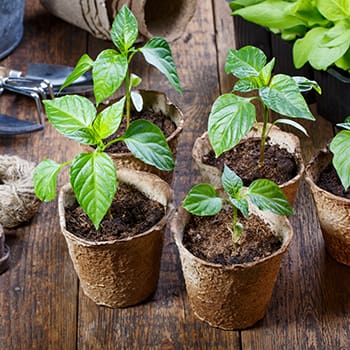
- Spring onions
- Turnips
- Chicory
- Horseradish
- Broccoli
- Leeks
- Kale
- Beetroot
Regardless of what you plant, make sure the soil is rich in organic matter. March is also a good time of year to sow herbs such as coriander, chives, and dill. You can also start seeding some vegetables in your home or in a greenhouse. These include the following:
- Celery
- Sweet peppers
- Chili
- Squash
- Spinach
- Cauliflower
- Brussels sprouts
- Salad leaves
Plant Fruit Trees
If you didn’t plant your fruit trees in late winter, you have another chance to do so in early spring. Nevertheless, you can’t plant all fruit trees during the spring months. The fruit trees that are safe to plant in March include the following: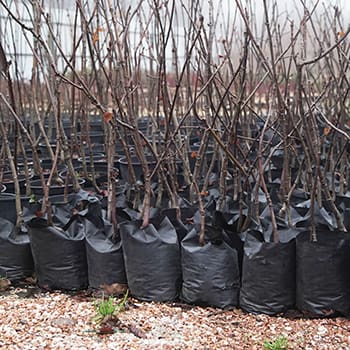
- Blueberries
- Raspberries
- Strawberries
- Currants
- Cherries
- Peaches
- Plums
- Nectarines
- Pears
Fruit Tree Care
If you’ve already got some fruit trees growing in your garden, March is the perfect time to give them some additional tender love and care. Mulberry, apple, and pear trees can be winter pruned in March. If you’ve got some early flowering fruit trees such as peaches or apricots, you’ll need to protect the blossoms by securing a double layer of garden fleece to the branches with strong cloth pegs. Make sure there’s an entry point for bees and pollinating insects.
March is also a good time to graft over trees that are not cropping well. You will need to use fully dormant grafting wood no less than twelve months old. You can use strong adhesive tape, or grafting wax to secure the wood to the trees.
Allow the Chickens to Free Range
Chickens love free-ranging in their environment. Apart from a dust bath, there is no other place they would rather be. They enjoy searching for bugs and worms and scratching the dirt. A lot of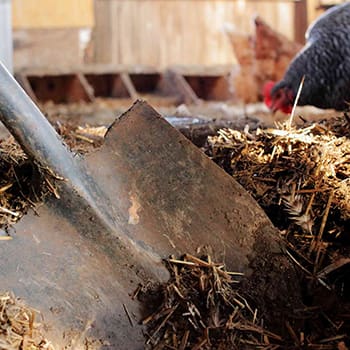 homesteaders won’t free-range their chickens because of predators. There is nothing worse than finding a bunch of dead or missing chickens. However, if you do want to free-range your chickens, you can do so by supervising them. It’s best to do this during the daylight hours, and depending on the size of your flock, you may need more than one person to assist you.
homesteaders won’t free-range their chickens because of predators. There is nothing worse than finding a bunch of dead or missing chickens. However, if you do want to free-range your chickens, you can do so by supervising them. It’s best to do this during the daylight hours, and depending on the size of your flock, you may need more than one person to assist you.
There are also several benefits associated with free-ranging chickens. Since they forage, you won’t need to spend as much money on food. If you eat your chickens, you’ll definitely notice the difference in meat quality during this time of the year. Because of the natural diet chickens get when free-ranging, they are a lot healthier. Also, they are exposed to more sunlight, and they’re more active. Basically, healthy chickens equal healthy meat. Finally, free-range chicken eggs are richer and packed with more healthy fats, vitamins, and minerals.
Clean Out the Chicken Coop
Although chickens have a lot of wonderful qualities, they are not the cleanest animals in the world. That means it’s your responsibility to ensure their coops are kept clean. You may have a system in place where you clean the dropping boards or fluff the nesting boxes. However, at least twice a year, you will need to get your cleaning supplies out and give the chicken coop a deep clean.
Additionally, it’s best to use natural cleaning products such as vinegar; don’t use bleach because it’s too toxic and if your chickens ingest any, it could be dangerous. Vinegar on the other hand will do the same job without causing any damage. You can make a vinegar cleaning solution by mixing equal parts of water and vinegar.
Prepare For Milking
If you keep cows, goats, or other animals for dairy purposes, spring is the time of year to start getting your milking supplies ready. Even if you only use a basic set-up with a pail and a milking station, make sure that your pail is clean, and the stand is in good condition. To avoid getting caught off guard, buy or fix what you need to before it’s time to milk.
Get Ready For Birthing Season
How you prepare for the birthing season will depend on the animals you keep. If you have rabbits, hay and nesting boxes will do. For baby birds, clean out the brooder; if you’re expecting baby goats a simple birthing kit made up of a laundry basket, blankets, and fresh towels will suffice. Whatever animals you keep, ensure you’ve got everything you need for a comfortable birth way ahead of the birthing season.
Final Thought
Springtime is the season of life, it’s when the plants begin to blossom, and garden projects start sprouting. It is the season of the seed when the earth awakens and there is plenty to do during this time.
You may also like:
How to Prepare Your Soil For Your Spring Garden
The Native Americans’ Most Powerful Lung Herb (Video)
Livestock Animals You Should Start Raising For The Upcoming Economic Crisis
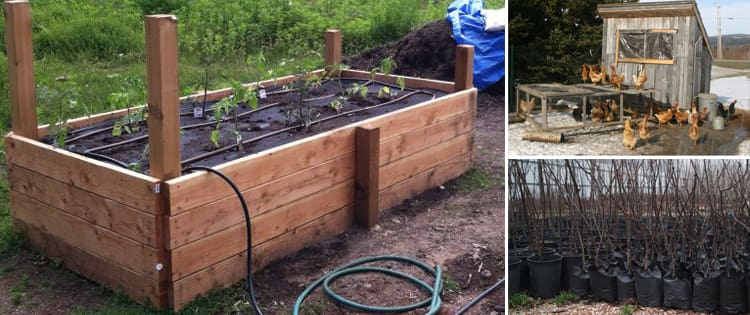






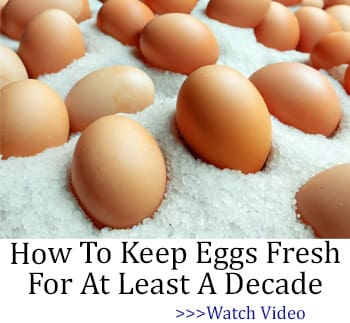

I’m interested in attending your training sounds educational. Thank you.
What zone and town are you im?